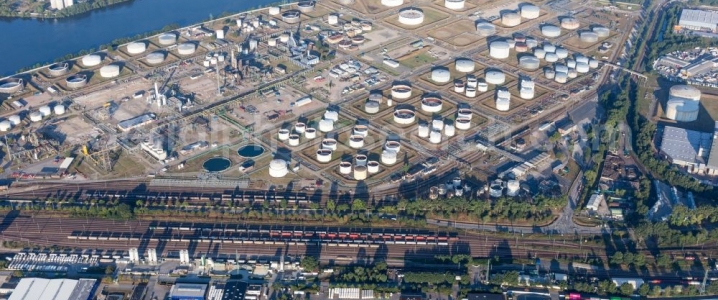When the International Maritime Organization announced it would introduce a new, lower, sulfur emission ceiling for bunkering fuel, many in the energy industry worried that demand for high-sulfur fuel oil would suffer a blow from which it would not be able to recover. But then scrubbers—equipment that strips sulfur from bunkering fuel—were floated as a relatively easy to deploy alternative to switching to low-sulfur fuel. Now, however, scrubbers’ future is questionable.
S&P Global Platts reported recently that at a maritime industry event, the MARE Forum in Houston, scrubbers had garnered significant attention, and this attention had not been particularly positive.
A little over 1,500 vessels have been fitted with sulfur scrubbers as of October this year, according to the senior vice president of engineering and technology at the American Bureau of Shipping. By January 2020, when the new emission rules come into effect, the number of scrubbers both installed and ordered would reach 2,278, S&P Global Platts has calculated. And all these vessels will be producing sulfur acid-rich wastewater from the scrubbers and will need high-sulfur fuel.
One port, Singapore, has already banned the discharge of wastewater from vessels fitted with sulfur scrubbers. Chances are it won’t remain the only one. But there’s more. Singapore’s Port Authority also introduced a requirement that all vessels calling at the port should use 0.5-percent sulfur fuel. Again, Singapore is by far not the only port setting new fuel requirements for vessels in compliance with the IMO rules.
So, these 1,500 (and counting) vessels that already sport scrubbers or are to get one in the next year, will not just have to find a way to dispose of their wastewater without violating port regulations, but they will also need that high-sulfur fuel that the scrubbers scrub, and that will be less available after the 2020 rules kick in as most ports are preparing to offer the new, compliant fuel. In other words, scrubber-fitted vessels are facing a complex situation: not enough high-sulfur fuel and unfriendly port authorities banning the discharge of wastewater from these scrubbers. Related: The U.S. Oil Industry’s Dirty Little Secret
But they could just load on low-sulfur fuel, right? They sure could, but that would kind of make the investment in a scrubber meaningless. According to the chief executive of the Chamber of Shipping of America, Cathy Metcalf, the payoff period for a scrubber ranges between half a year and three and a half years. But if the vessel owners are forced to pay for costlier low-sulfur bunkering, then this period would likely extend.
As if that’s not enough problems already, some of the delegates at the MARE Forum warned that the scrubbers did not, in fact, reduce a vessel’s overall emissions because of the additional energy needed to scrub the sulfur from the fuel. When stricter environmental rules are enforced in the near future, this will also affect the benefits of opting for scrubbers instead of low-sulfur fuel.
The head of S&P Global Platts Analytics, Chris Midgley, said in September that the new rules will have an impact worth US$1 trillion on the energy industry over a period of five years as well as reverberations across many other industries. Vessel owners might want to think well before opting for scrubbers lest they end up costing them more, rather than less than switching to a more expensive fuel.
By Irina Slav for Oilprice.com
More Top Reads From Oilprice.com:
- Qatar To Invest Up To $20 Billion In U.S. LNG
- The Race Is On: Big Oil Rushes To Supply The 1 Billion Disconnected
- Why Russia Agreed To Additional Production Cuts

















